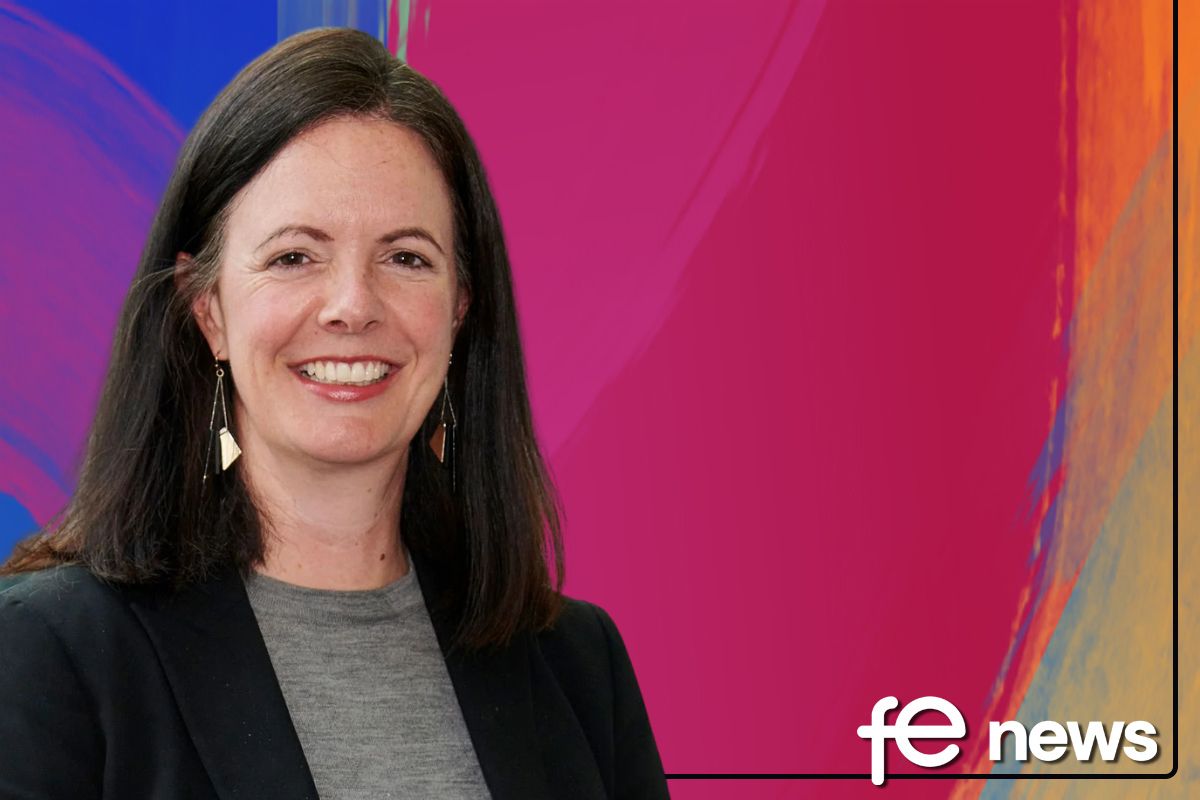FE and industry create work experience solutions

We recently hosted a high profile work experience forum for 40 colleges at New College Swindon, with representatives from 12 leading businesses including Intel, ISG, Salesforce, MITIE, Wella and Bam Construct. Sue Clarke, Head of Policy and Strategy for the 16-19 Study Programme also joined the discussion, representing the Department for Education.
The forum addressed a key question: ‘are traditional work experience placements relevant to today’s employers and colleges with the implementation of learner Study Programmes from September?’
With roundtable discussions, speed networking and practical planning exercises, over 90% of college delegates found the forum worthwhile and the contribution of industry experts very valuable. Watch a video of the forum in action here.
We would like to share insights and intelligence gained from this forum to help colleges as they plan the delivery of high quality, meaningful work experience for all full time learners from September.
‘Top Ten’ alternatives to traditional work placements
Much discussion was focused on our key employer consultation findings that many businesses would struggle to offer traditional 1-2 week work placements due to resource constraints and red tape. The industry experts attending also confirmed that they look for a range of bite-sized accessible opportunities to engage with their local college which could then lead to job offers or apprenticeships.
However, many suitable alternatives to this option were suggested by industry and college delegates including:
- Workplace visits
- Dragon’s den style competitions with employers
- Live projects set by industry
- CV writing and interview workshops with employers
- Visiting industry exhibitions and conferences
The full range of alternatives can be accessed here.
Why is work experience important?
By considering this question from the perspective of a business, college and young person, delegates uncovered a range of motivations and considerations. For example, from a business perspective, fulfilling their social responsibility targets, utilising work experience as a recruitment tool and benefitting from a young person’s innovative outlook were popular considerations.
Colleges felt that the marketing potential of offering meaningful work experience to potential learners, meeting Ofsted criteria and gaining access to relevant employers were key reasons.
For young people, it was considered important as a tool to raise their confidence, understand how business works and explore different industries to uncover their own career interests. Our stakeholder perspectives report can be downloaded here.
Planning the work experience journey for learners
Delegates also had the opportunity to put discussions into practice by co-creating work experience programme planners based on individual learner profiles. It was encouraging to see so many examples of varied work experience activities being embedded into a learner’s timetable throughout the academic year.
For example, a learner undertaking a Level 3 Extended Diploma in Business was provided with a series of activities throughout their two year course including industry talks, visiting a workplace, mock interviews and live industry projects. To view a range of sample work experience planners, please visit our website.
Continuing the conversation
Working Knowledge believes it has an important role to play in supporting and guiding colleges at this time of change. We see this forum as the beginning of the journey we will all take together to uncover effective solutions to delivering high quality work experience for all learners.
To help facilitate this, we will be producing more work experience insights in the near future. We have also established a Working Knowledge FE Leaders LinkedIn group and encourage you join in the discussion.
Dr James Lott is co-founder and managing director of Working Knowledge, a social enterprise that creates chances for young people to open doors into employment. It offers a range of value-added work experience and employability services to Further Education Colleges that engage employers











Responses